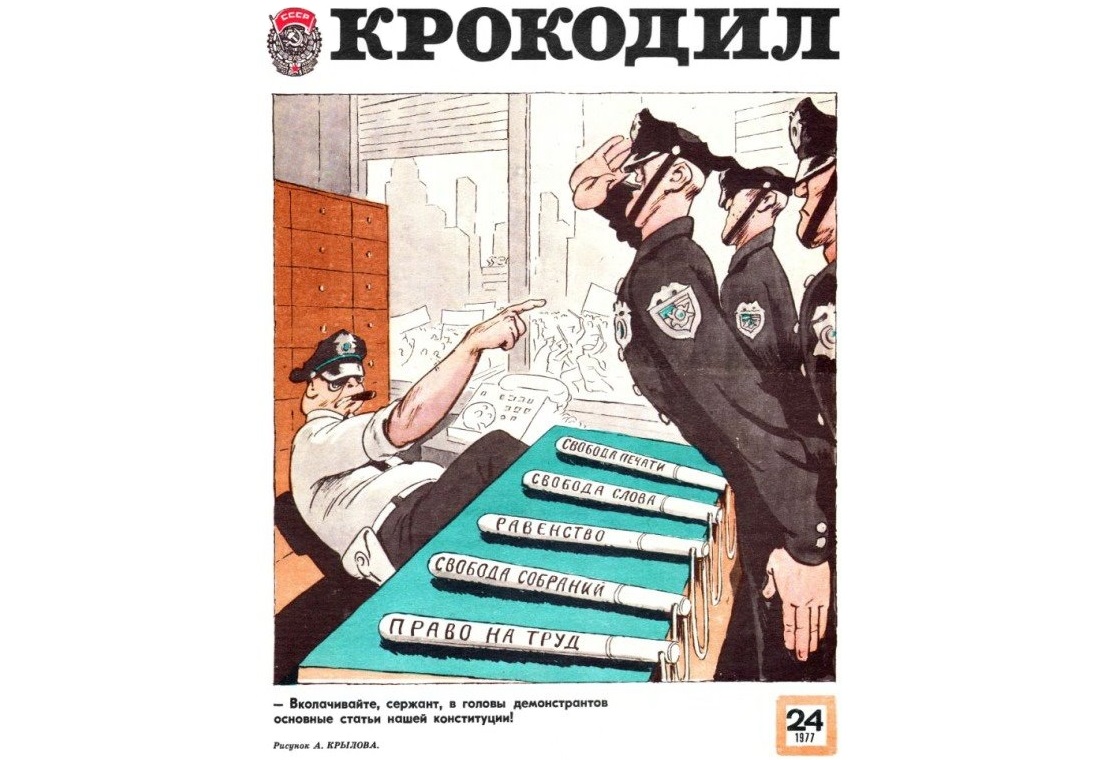Ukraine’s path of post-Euromaidan revolution transformation can be still described in two words - “zrada” (betrayal) and “peremoha” (victory). “Zrada” is used for all the losses and failures which happen in the country and “peremoha” for all the successes. Inside Ukraine, “zrada” moods prevail. They are caused by the ongoing war in eastern Ukraine, deterioration of the financial state of Ukrainian citizens and the fact that the oligarchs are still ruling the country. The reforms are often viewed from a short-term perspective, and the lack of immediate results leads to frustration. This is how the transformations look from inside the country. For an outside perspective, Euromaidan Press talked to Mr. Martin Hagström, Ambassador of Sweden to Ukraine. The Swedish Government is very active in supporting reforms in Ukraine. We met Mr. Hagström at the Forum “Government under the Microscope: Yearly Results and Challenges” which was also supported by the Swedish Government.
Read also: The government of Ukraine is one year old. Let's look at its results

Do you see progress in Ukraine’s reform process?
Ukraine has an enormously difficult modern history. Since independence, it has seen decades with very limited reforms. It’s clear that after the Revolution of Dignity, there have been more reforms than in the whole era before. On the other hand, if you look at opinion polls, you can see that many people are frustrated, many people do not really see this progress. These past two, three years there has been an economic crisis of enormous proportions in Ukraine. It has hit people very directly in terms of inflation and the value of the currency. So if you put the question like this: do people live better in material terms now than they used to? Then probably the answer for many people is no. But that does not mean that there are no reforms. If I had to give a quick answer, then the answer is: yes, I do see progress in many areas. We are supporting reforms in energy efficiency for example, where district heating plants are being built, schools are being refurbished to become more energy efficient. There is a decentralization reform which is ongoing, this, as well as many other reforms, do not deliver results that you will see immediately. Also if you talk about the things which are happening on the systemic level, there are changes in legislation. Probably the implementation in many cases has not yet reached a level where quite a lot of people can feel that changes are happening. Of course, there are also areas where we see less obvious progress.
Are you satisfied with the discussion which took place at the forum? There were oligarchs among the ministers. Do you think that what they say corresponds to what they actually do?
I can’t really answer this question in general because there have been four hours of discussions. I think that the important part here is the openness for discussion, the transparency, and the readiness of ministers to answer critical questions. This in itself is very positive. And then journalists will continue to dig into this and see whether it corresponds fully to reality – and I will be very interested to read about the results.
You are a representative of donors to Ukraine. Has Sweden had doubts whether it should support reforms in Ukraine now?
No, we do not have such doubts. Sweden has supported reforms in Ukraine since 1995. And if you look over time, we have been very persistent in our support. One important aspect of our support is that we support both the government and state structures and NGOs. So that ministries and state institutions can do more in terms of legislation, implementation of legislation, and so that NGOs can play the role, which for example Reanimation Package of Reforms is playing, in proposing legislation, checking whether reforms are happening in different areas and engaging in a dialog. So we try to support both of these sides.
Which tools do you use to control how the money for reforms is used?
If you talk about results it is something which is evaluated in every particular project. Every project has parameters which we are checking, to see if we have reached the goal of that particular project. Much of the documentation is available online (on www.openaid.se). Also there is a constant dialog with the implementing partners. It could be either a civil society organization, or a government institution or a ministry. Often projects can run for 3 or 4 years. So it’s a long process of having interim reports and discussing them. And sometimes maybe shifting the priorities, because reality is changing. The amount of the Swedish support to Ukraine is about EUR 20-25 million per year. So it’s quite a big program and quite a lot of work.
Are you afraid of this new law regarding the anticorruption NGOs which have to submit e-declarations in the same way as state officials?
The G7 has made a statement on this. Also, there have been statements from the EU. And Sweden is very much along the same lines as those statements. It is positive to have transparency for organizations. It’s good if organizations have open accounts where you can see where the money goes and how organizations work. But we find it harder to understand why you have such legislation which is directed towards individuals who work not for state money, not for the state, but for NGOs. It’s clear that corruption is one of the biggest challenges for Ukraine. If you look at opinion polls of Ukrainians, if you ask foreign companies which are working in Ukraine, corruption tends to be mentioned as one of the major problems. So this group of anti-corruption NGOs is very important. They play very important role as watchdogs, proposing ways to fight corruption.



